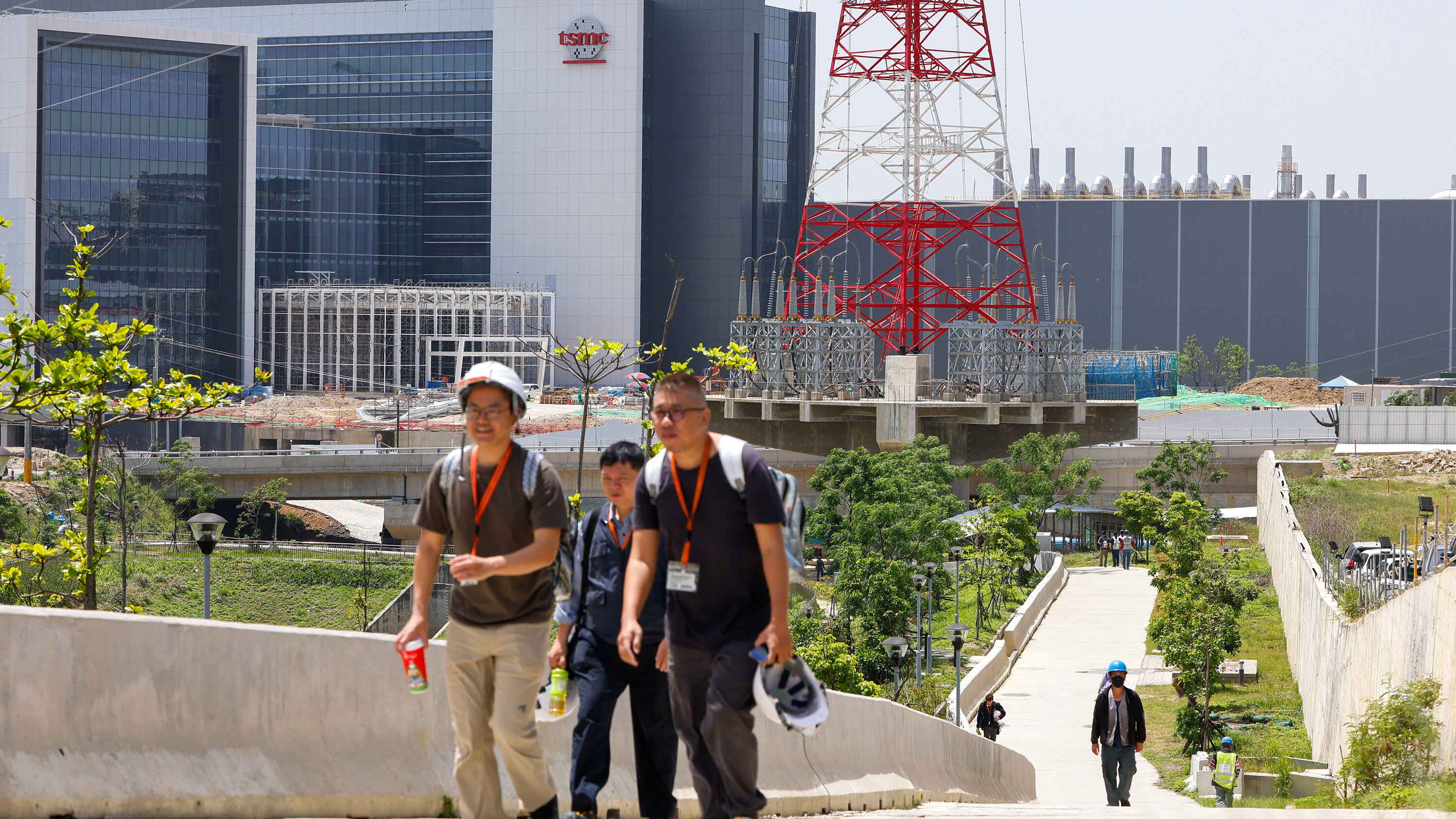Silicon Crossfire: Taiwan's Tech Giants Squeezed in U.S.-China Trade Battlefield

In a dramatic escalation of technological and trade tensions, President Trump has cast a shadow over Taiwan's semiconductor industry with potential tariff threats. The move signals a complex geopolitical chess game that could significantly impact global technology supply chains.
China, undeterred by the potential trade barriers, has made it abundantly clear that it will not allow international economic pressures to impede its technological ambitions. The semiconductor industry, a critical battleground in the ongoing technological rivalry between global powers, stands at the center of this high-stakes confrontation.
Taiwan, a global leader in chip manufacturing, finds itself caught in the crossfire of this strategic economic standoff. The island's semiconductor manufacturers, particularly TSMC (Taiwan Semiconductor Manufacturing Company), are crucial players in the global technology ecosystem, supplying chips to major tech companies worldwide.
China's resolute stance suggests that it will pursue technological self-sufficiency and innovation, regardless of external trade restrictions. The country is investing heavily in domestic semiconductor research and production, viewing technological independence as a matter of national strategic importance.
As the trade tensions continue to simmer, the global technology landscape remains uncertain, with potential ripple effects across international markets and supply chains.
